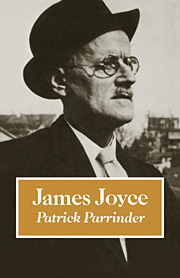Summary
University College
James Joyce embarked on his career as an artist soon after entering University College, Dublin, in 1899. He did so by writing essays and verses, by championing modern drama in the college debating society, and by teaching his contemporaries to regard him as a poet and genius. It was not long before the news of a brilliant student at the Catholic university – a small group of Georgian town houses on the south side of St Stephen's Green, close to the intellectual and fashionable heart of the city – began to spread in Dublin literary circles. In 1902, for example, Joyce had his first meeting with W. B. Yeats, who was already in his late thirties and Ireland's leading poet. The meeting was somewhat ruefully described by Yeats in an unpublished preface, and became legendary over the years. Later, in Stephen Hero and A Portrait of the Artist as a Young Man, Joyce gave an unsurpassed fictional account of what it is like to be a student; but though his fiction added substantially to the legend of its author as a very formidable young man, it was not the original source of that legend. Joyce's direct impact on those who knew him is exemplified by this extract from a diary kept in 1903–4 by his younger brother:
Jim is, perhaps, a genius though his mind is minutely analytic. He has, above all, a proud, wilful, vicious selfishness, out of which by times now he writes a poem or an epiphany, now commits the meannesses of whim and appetite … He has extraordinary moral courage – courage so great that I have hopes that he will one day become the Rousseau of Ireland.
- Type
- Chapter
- Information
- James Joyce , pp. 17 - 40Publisher: Cambridge University PressPrint publication year: 1984

